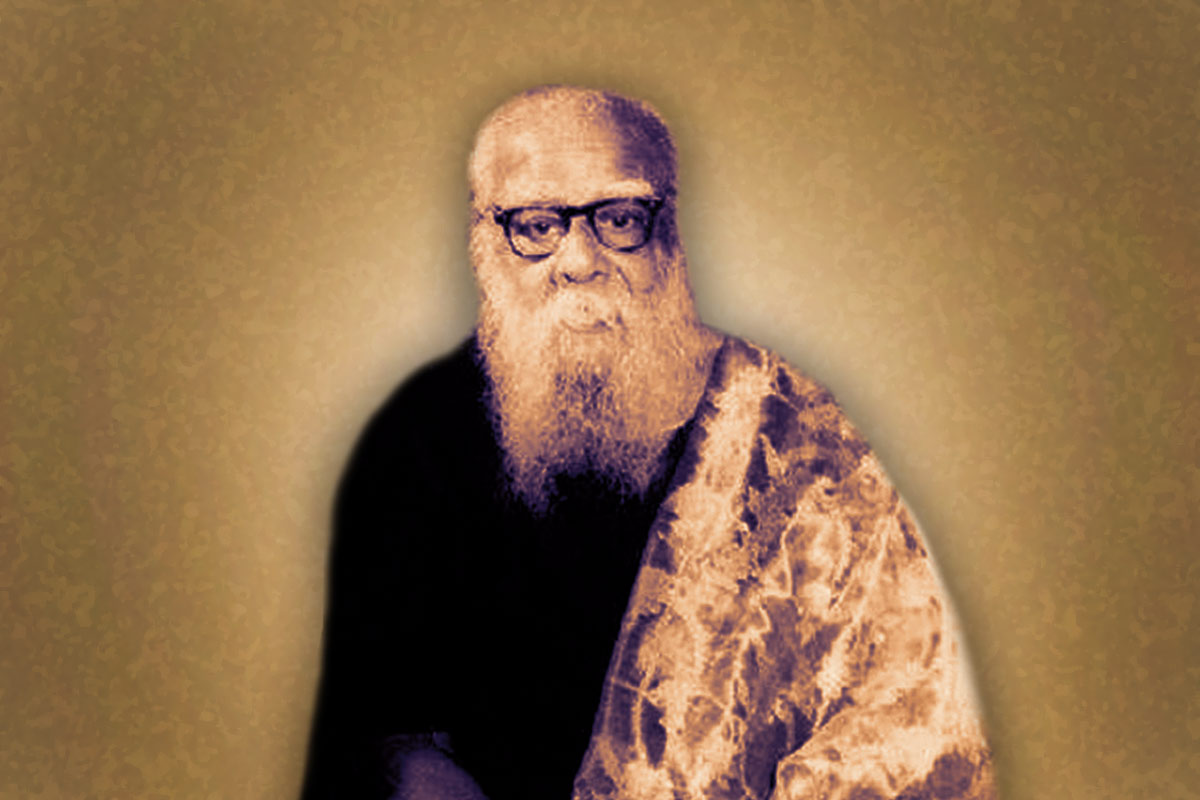Periyar EV Ramasamy, who is known as the ‘Father of the Dravidian Movement,’ was a revolutionary who led the movement against caste system and Brahmanism in the southern state of Tamil Nadu. He also initiated Suya Mariyadai Iyakkam, loosely translated as the Self-Respect Movement to challenge gender and caste hierarchy.
On the occasion of his birth anniversary, Indian Cultural Forum shares some of the writings from the archives.
-
The Cunning of Caste
EV Ramasamy Periyar. Translated by T Marx
In this essay, written as an editorial for the Republic (Kudiarasu), Periyar talks about the “cunning nature of the caste system” which established the brahmins as superior to other castes. He appeals to those who want complete independence for India to take steps to eradicate caste differences, even while the British rule lasts, otherwise caste domination would continue and the atrocities of the caste system will never be wiped out. -
Self Respect Marriage: A promise of Equality and Companionship
Bharathy Singaravel
In this essay, Bharathy Singaravel explains the origin of Suya Mariyadai Iyakkam or self respect movement and Suya Mariyadai Kalyanam or self respect marriage. She states, “the Suya Mariyadai Kalyanam was at once a rejection of oppressive gender and caste hierarchies. It recognises only marriage vows that accept both members as equal companions in life, doing away with the holy fires, priests, and any ritual that designates the woman as subordinate to her husband. It has become a sanctuary for inter-caste marriages. She speaks with Periyar Marriage Bureau, Chennai and traces its role in carrying out legally recognised inter-caste marriages -
There is No God and You can so
Subhash Gatade
EV Ramasamy led the movement against the caste system and was a pioneering rationalist. The inscriptions placed under the statue of Periyar read as follows- “There is no god, no god, there really is no god/ He who created god is a fool/ He who preaches god is a scoundrel/ He who prays to god is uncivilised.” When a petition was filed in Madras High court for removal of these words as they offend believers, the court held that a non-believer also has the right to freedom of expression and belief under the constitution. -
Periyar and Ambedkar on Bhagat Singh
In this post ICF reproduces two articles on Bhagat Singh. One by Periyar E.V. Ramasamy, titled, “Bhagat Singh, and first published on March 29, 1931. Second “Three Victims”, an editorial by B.R. Ambedkar published on April 13, 1931.





